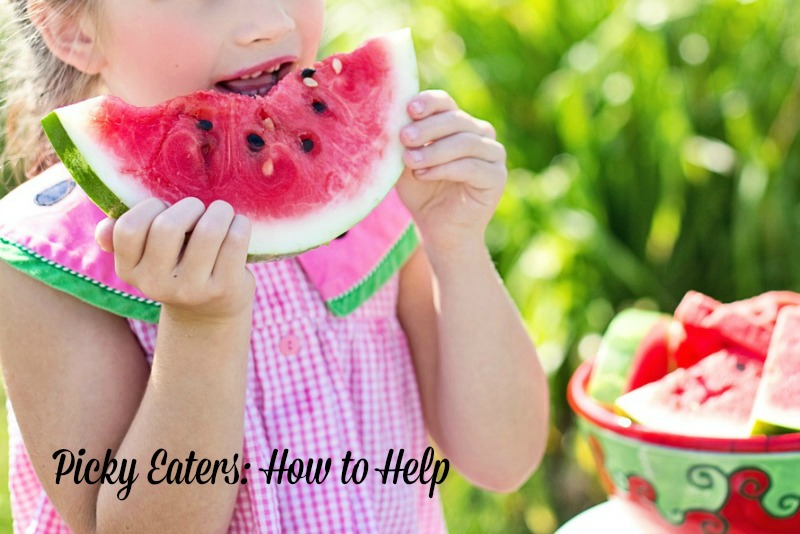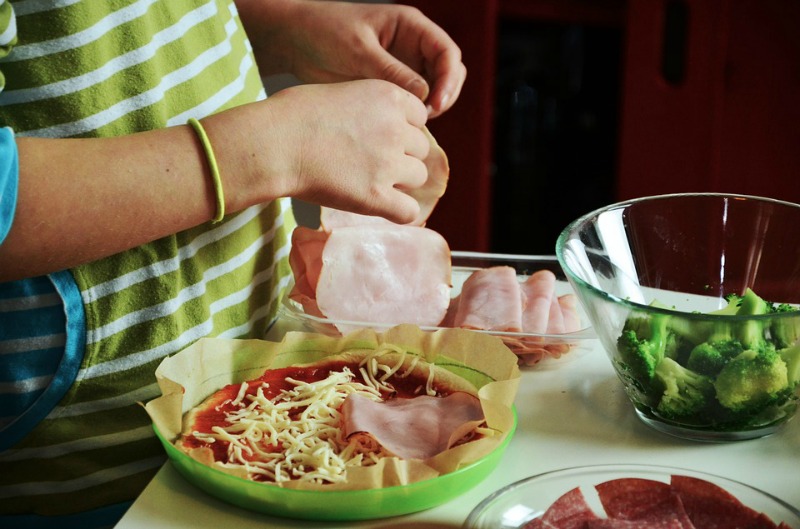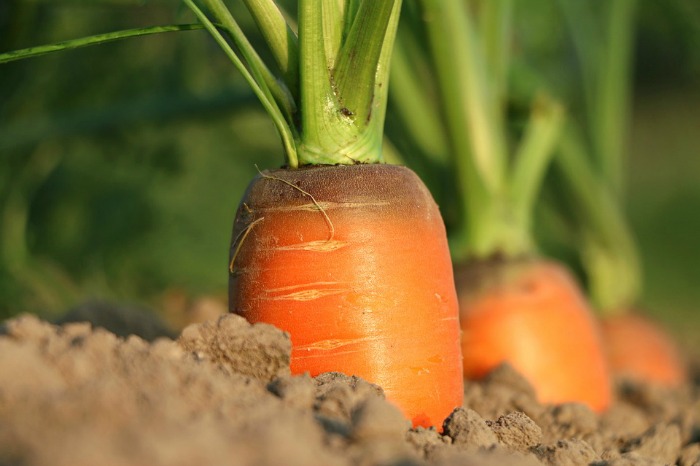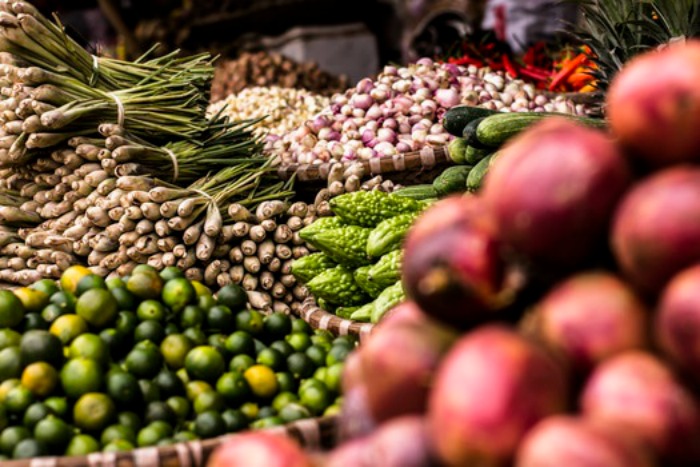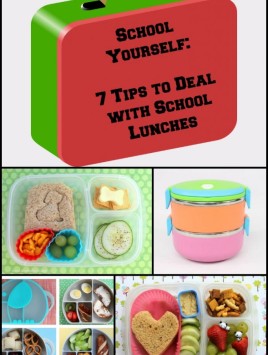So Your Picky Eater is Growing Up: How to Help Her Become a Foodie
Guest Post By Katie Kapro
Parents and grandparents the world over: you work hard for your picky eaters. Harder than they’ll ever know. You’ve sat through nights of tantrums, gone through all the creative food recipes you could get your hands on, and undoubtedly scraped your fair share of chewed-up veggies from their plates.
Now your picky eaters are growing up and going off to school. You’re about to have less control than ever over the foods they have access to throughout the day.
Is there anything more that you can do?
Are they doomed to be picky for the rest of their lives? To be that adult who only eats white foods and won’t touch the fruit platter at a fancy brunch?
Hardly.
Don’t give up on your picky eater. There’s still hope for expanding their palate. Consider the fact that picky eaters aren’t simply being stubborn, their taste buds might actually still be extremely sensitive. Biologically, children are less tolerant of bitter and sour flavors than adults. The development of this sense depends on genetics, experience, and exposure.
There are plenty of tactics for broadening your picky eater’s diet that you can employ beyond turning apple slices into a raisin-eyed butterfly. In order to keep pace with your growing child, your methods will have to be a little more mature. (Otherwise it’ll all get chucked in lieu of cafeteria french fries.) It’s time to take a holistic approach and show your picky eater how a varied diet can enhance their lives.
Teach Them How to Cook
Do you remember when someone first took the time to cook with you? Remember how cumbersome the knife felt in your hands, how careful you were with it? Learning to cook is one of the first steps to appreciating food for all its various flavors, textures, and combinations. It takes mealtime from passive to active, from being fed to feeding.
Being in the kitchen not only empowers kids to create, but it gives them complete control over ingredients. When a picky eater knows exactly what’s in a recipe, they’re more likely to eat it. Not to mention the added thrill of eating something that they themselves made.
If you’ll allow me to get a bit grandiose for a moment – think about how many famous chefs credit childhood cooking experiences with their love of cooking. You never know what passions you might be helping to ignite.
Make it a Cultural Experience
There are plenty of foods out there that seem strange on their own, but put them in cultural context and they make total sense. Squid ink, for example. Try to feed someone in the Midwest squid ink pasta and you’ll probably get blank stares. If you’re in Italy though, well, that’s a delicacy.
That being said I don’t recommend starting off with squid ink for your picky eaters.
Part of encouraging a cultural culinary experience is to immerse your picky eater in a new world. We can’t all jet around the globe, so a little creativity is in order. Work new food experiences into your annual routines. For example, on the way to summer camp in the woods of Maine, try stopping by a roadside lobster stand for a lobster roll. It’s a gateway food. Trust me. And much better than throwing a whole lobster in front of a kid, handing him a bib, and yelling, “Have at it!” from behind the video camera.
Grow Your Own Veggies
A garden is a magical thing. Watching a corn stalk bust through the soil for the first time is as exciting for adults as it is for a kid. If your picky eater feels some pride over the veggies in your garden – which they undoubtedly will after weeks of watering and watching – they are not only more likely to try them, but they’re more likely to enjoy them. What tastes sweeter than pride and anticipation?
Organically grown food tends to taste better as well. The field is too subjective for much scientific research, but there’s plenty of anecdotal evidence out there supporting the better flavor of organic vegetables. One argument is that well-nourished soil (by attentive gardeners), leads to healthier plants, which in turn leads to food with higher nutritional content and the best possible flavor. Also, you don’t have to worry about your picky eater chomping down on lots of nasty GMOs.
Be Adventurous
Sometimes the best we can do is to be a good example for our kids. Eat a wide variety of food in front of your picky eater, and always offer to spread the love. If there’s a giant salad bowl being passed around the table and everyone’s taking a helping, they’re more likely to give it a try.
When I was young I wouldn’t touch salad, salad dressing, or avocado. Every meal time though, my mother would offer it to me as if she’d never asked before. When I refused she’d serve a big helping onto her own plate and say, “Ok, more for me! You don’t know what you’re missing.”
That stuck with me, the idea that I was missing out. Now I love salad – and dressing and avocado are special treats.
To think I passed on avocado all those years. A travesty!
In a similar vein, Penn State researcher Helen Hendy, Ph.D., recommends inviting your child’s non-picky friends for dinner. Seeing their friends eat a variety of foods increases the likelihood that they’ll take a bite of something new.
The food game has changed a bit from when your picky eater was a toddler. Tricks won’t do it anymore. Now you have to use more holistic strategies to introduce new foods into their diet.
You can draw upon their newfound educational, cultural, and social awarenesses. It will benefit them in the long run, like when they’re all grown up and they eat from a fruit platter, just like everyone else, without blinking an eye.
Have a picky eater story you’d like to share? Tell us about it in the comments!
Author Bio: Katie Kapro holds her MFA in nonfiction writing. She is a recovering picky eater.
Enjoy!

